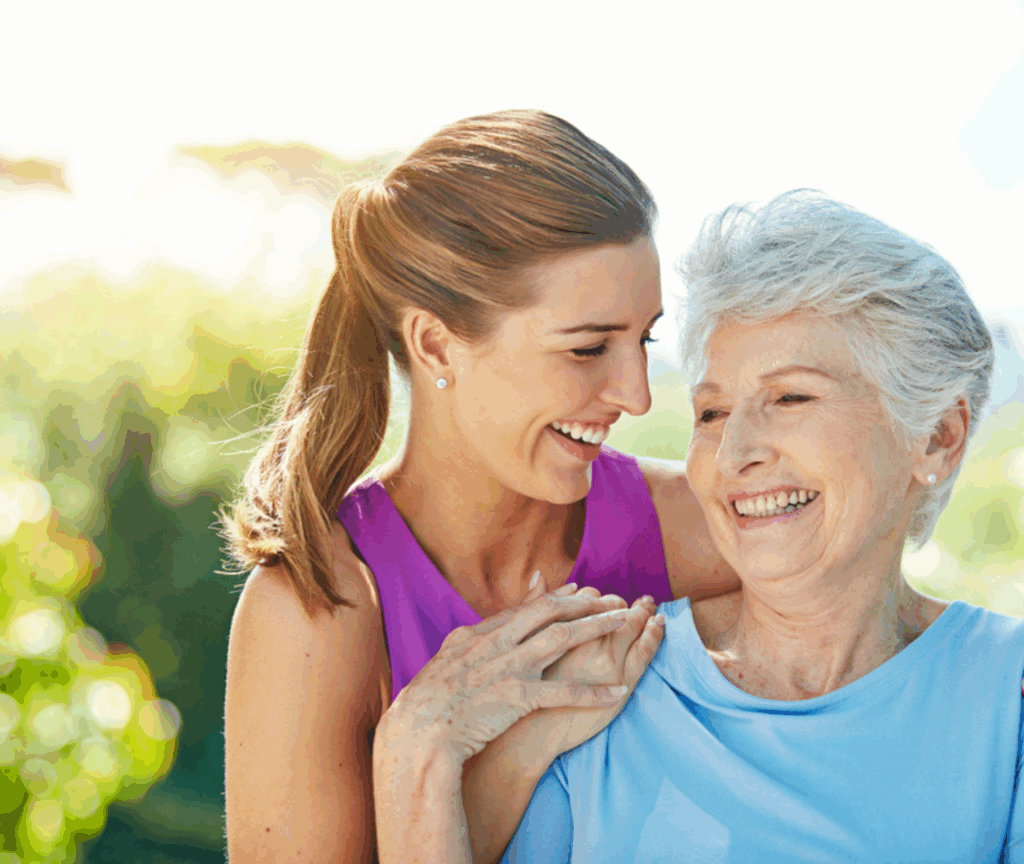Self-care is one of the most important, yet often overlooked, aspects of family caregiving. When you are responsible for the health and well-being of a loved one, it is easy to put your own needs aside. However, neglecting self-care can take a toll—physically, emotionally, and mentally. Caregiving can be deeply rewarding, but it is also demanding and, at times, overwhelming. By making self-care a priority, family caregivers not only protect their own health but also ensure they can continue to provide safe, consistent, and loving care.
Why Self-Care Matters for Caregivers
Caregivers play an essential role in the lives of millions of people, yet they often sacrifice their own health in the process. Here are some of the most important reasons why self-care should never be ignored:
- Prevents caregiver burnout – Taking breaks and resting allows caregivers to recharge and avoid exhaustion.
- Supports physical health – Proper nutrition, regular exercise, and adequate sleep help caregivers remain strong enough to handle daily responsibilities.
- Improves mental well-being – Activities that reduce stress can help prevent anxiety, depression, and feelings of isolation.
- Enhances patience and compassion – Caregivers who care for themselves are more likely to approach their loved ones with kindness and understanding.
- Strengthens resilience – Healthy coping strategies make it easier to manage long-term caregiving challenges.
- Sets a positive example – By practicing self-care, caregivers show loved ones that balance and wellness are part of healthy living.
Taking care of yourself is not a luxury—it is a necessity. Without it, the risk of burnout and health decline increases, which in turn affects the quality of care provided.
The Challenges of Caregiving
Family caregivers often juggle multiple roles at once. They may manage medications, assist with bathing and mobility, coordinate doctor visits, prepare meals, and handle household responsibilities—all while maintaining jobs and personal obligations. Over time, this constant balancing act can lead to:
- Exhaustion from interrupted sleep or round-the-clock responsibilities.
- Poor eating habits as quick meals replace nutritious food.
- Limited social connections, leading to isolation and loneliness.
- Increased stress, which weakens the immune system and heightens the risk of chronic illnesses.
In fact, research shows that caregivers are more likely than non-caregivers to experience depression, high blood pressure, and health complications. The reality is clear: without intentional self-care, caregiving can erode both physical and emotional well-being.
Simple Self-Care Strategies for Caregivers
The good news is that self-care does not require hours of free time. Even small, consistent actions can make a big difference. Consider these simple practices:
- Schedule short breaks – Even 10–15 minutes of quiet time for reading, meditation, or stretching can help reset your energy.
- Accept help from others – Say yes when friends or family offer to run errands, cook meals, or provide respite care.
- Stay physically active – Gentle exercise, such as walking or yoga, can relieve stress and improve mood.
- Eat balanced meals – Fueling your body with healthy foods supports both physical strength and emotional stability.
- Get enough rest – Prioritize sleep whenever possible, and consider naps to make up for lost rest.
- Stay socially connected – Phone calls, support groups, or online communities help prevent isolation and provide emotional support.
- Practice relaxation techniques – Deep breathing, journaling, or mindfulness exercises can calm the mind and body.
The key is consistency. Even small moments of self-care, practiced regularly, help build resilience and improve overall well-being.
Why Self-Care Benefits Your Loved One Too
It is common for caregivers to feel guilty about focusing on themselves. However, taking time for self-care directly benefits the person receiving care. When caregivers are rested and healthy, they are more patient, attentive, and emotionally available. Neglecting self-care, on the other hand, can result in frustration, mistakes with medications, or strained interactions. In other words, caring for yourself is not selfish—it is a vital part of caring for your loved one.
The Role of Awareness Months
November is recognized as National Family Caregivers Month, honoring the more than 53 million Americans who provide unpaid care for loved ones. This observance serves as a reminder that caregivers need support, resources, and encouragement to prioritize their own health. By raising awareness, communities can advocate for policies that provide respite services, financial support, and workplace flexibility for family caregivers.
Awareness months also remind caregivers that they are not alone. Connecting with local caregiver organizations, support groups, or online communities can provide both practical advice and much-needed emotional encouragement.
Building a Support System
Self-care becomes easier when caregivers have a reliable support system. This may include family, friends, neighbors, community organizations, or healthcare providers. Reaching out for help—whether it’s arranging respite care, hiring professional home support, or simply asking a friend to listen—can make a significant difference. Support systems allow caregivers to step away when needed, knowing their loved one is still in safe hands.
Final Thoughts
Caregiving is a profound act of love and responsibility, but it comes with undeniable challenges. Self-care is not optional—it is essential. By taking small, intentional steps to care for themselves, family caregivers build the resilience needed to continue providing safe, consistent, and compassionate care.
This November, during National Family Caregivers Month, let us not only celebrate the dedication of caregivers but also encourage them to prioritize their own well-being. When caregivers are supported, rested, and healthy, everyone benefits—the caregiver, the loved one, and the broader family.
Remember: self-care is not selfish. It is a vital part of sustaining both your health and the quality of care you provide. By embracing balance and seeking support, caregivers can find strength, peace, and fulfillment in their journey.

